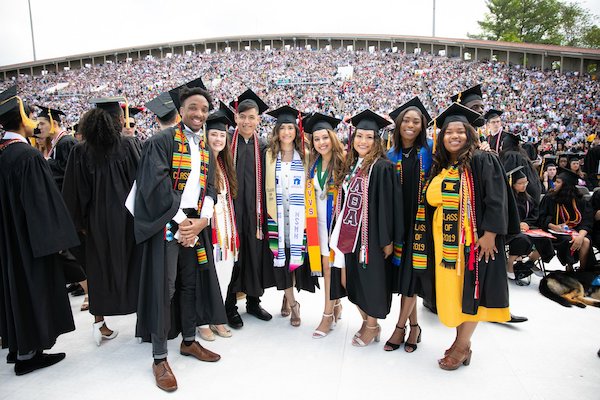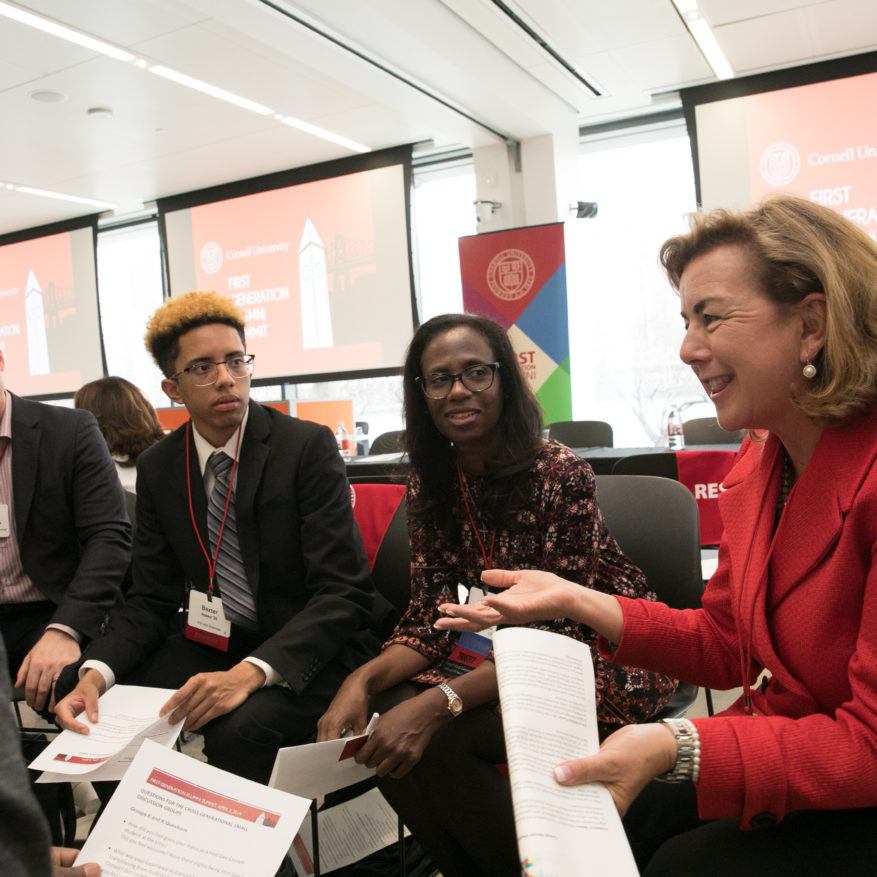

- #Handshaker cornell how to
- #Handshaker cornell professional
- #Handshaker cornell series
Browse any departmental website or the OUB's research database: Check out professors' websites, look at their research and if you are interested, send them an email. The Nexus Scholars Program is an excellent way to conduct summer research on campus, and is specially designed to help students obtain their first research experience. The College of Arts & Sciences offers many opportunities for research. Research can be obtained in several ways: The Public Service Center provides many on-campus and off-campus volunteer opportunities. Cornell offers student employment opportunities. Work on campus: Service experiences can be earned through paid employment. You may also search for outside tutoring opportunities by searching the web. You do not need an official position to justify the experience. 
If your classmates or friends struggle academically, offer them the opportunity for one-on-one tutoring. Apply for a position with the LSC, the Knight Writing Institute, or serve as a student advisor in the OUB.
Becoming a teaching assistant or tutor: Ask a professor if you can sign up to tutor for their class. Medicine is a service-oriented profession, what are you doing to show that you care about people and that you like working with people? This is where you can get creative.  Apply to work as a certified nursing assistant or medical scribe to gain hands-on experience working with patients. Cornell University Emergency Medical Service provides opportunities to service the Ithaca campus. Apply to work or volunteer as an EMT in your local community. Volunteer in hospice/rehab center/other clinical settings in your area by visiting the organizations' websites. Call or email to introduce yourself and state your interest in shadowing them. Cold-email/call: Look for local professionals in your community (private and public clinical settings). Handshake: Opportunities are posted regularly.
Apply to work as a certified nursing assistant or medical scribe to gain hands-on experience working with patients. Cornell University Emergency Medical Service provides opportunities to service the Ithaca campus. Apply to work or volunteer as an EMT in your local community. Volunteer in hospice/rehab center/other clinical settings in your area by visiting the organizations' websites. Call or email to introduce yourself and state your interest in shadowing them. Cold-email/call: Look for local professionals in your community (private and public clinical settings). Handshake: Opportunities are posted regularly. #Handshaker cornell how to
Career Development can offer ideas on how to network with Cornell alum.
Networking: Do you know someone in your social circle who is a physician/dentist/vet? How about your or your family physician/dentist? Ask them. Be careful to balance your academics with your activities. The process requires thoughtful and careful planning. It can be intimidating to seek out activities. If you are unsure, consult with the pre-health FAQ or discuss your decision with your advising dean. You can choose to be safe and plan to take the required coursework or should you choose to use your AP, consider taking upper-level course/s to demonstrate proficiency in that particular area. Check the requirements from schools you may be interested in applying. Acceptance of these credits vary from school to school. The decision to use AP/IB credits is up to you. Explore your comfort zone and plan on taking these challenging courses when you are most ready. Focus on incorporating major and college requirements into your plan. Sample plans provide examples to guide your conversation with your advising dean. All required coursework must be taken for a letter grade (A-F). The Pre-Health Academic Preparation provides detailed information on course requirements and recommendations. #Handshaker cornell professional
Schedule an appointment with your advising dean to design an academic plan to explore your interests and to prepare for professional schools. You are encouraged to pursue any minors you would like. Consult with your advising dean if you need help choosing and when you are ready to affiliate, apply to the major you want, usually by the end of your sophomore year.Ī minor is not required for health professional schools. You may choose any of the 40 majors in the College that interest you.
#Handshaker cornell series
Instead, you take a series of required and recommended courses to prepare for health professional school. We guide people towards the best resources for their situation and needs.Cornell does not have a "pre-med" major. We are examining how to support implementation of the employment provisions of the ADA within small employers in our region. We conduct trainings in multiple formats to increase stakeholder understanding of specific topics We provide customized answers and information to all ADA stakeholders’ questions. We strive to educate ADA stakeholders about their rights and responsibilities through providing quality information. We also work to ensure that people in our region are aware of us. We support our region’s understanding of the ADA through a variety of services, including this website and social media, an email newsletter, a hotline, and in-person consultations and trainings.

A group of stakeholders trained to support implementation of the ADA within their own local communities.








 0 kommentar(er)
0 kommentar(er)
